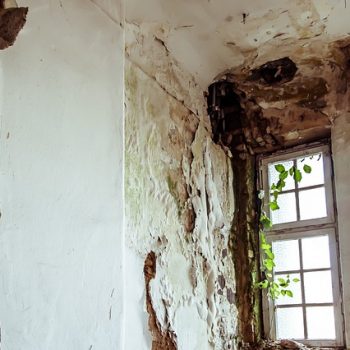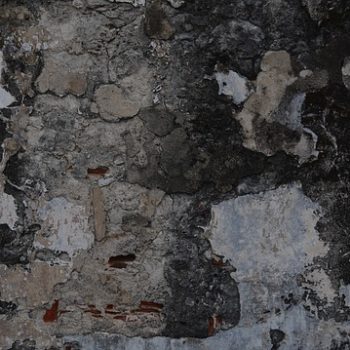What Is Damp And Mould?
When it comes to your home, damp can be a concerning issue. Not only does it look unsightly, but it can also have damaging effects on health.
There are several varieties of mould and some of them can be toxic to humans. Therefore, you should always seek professional help if you start to notice mould and damp in your home.
By following a few simple steps, you can reduce the risk of damp in your home. Our guide will cover everything you need to know about damp. Plus, how seriously damp can damage the value of your property.


